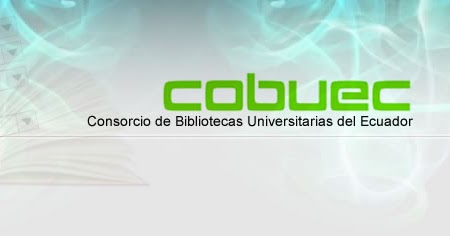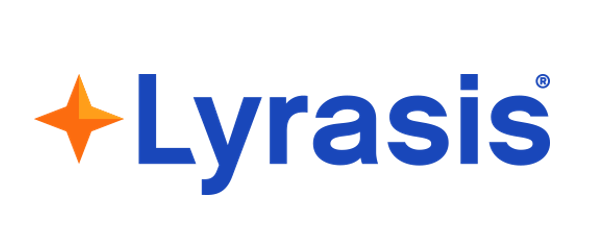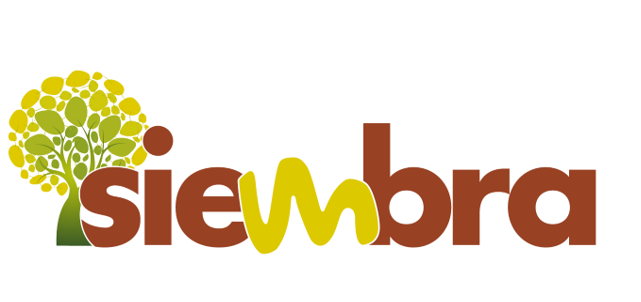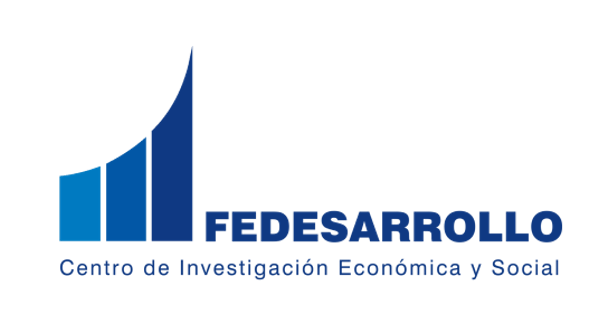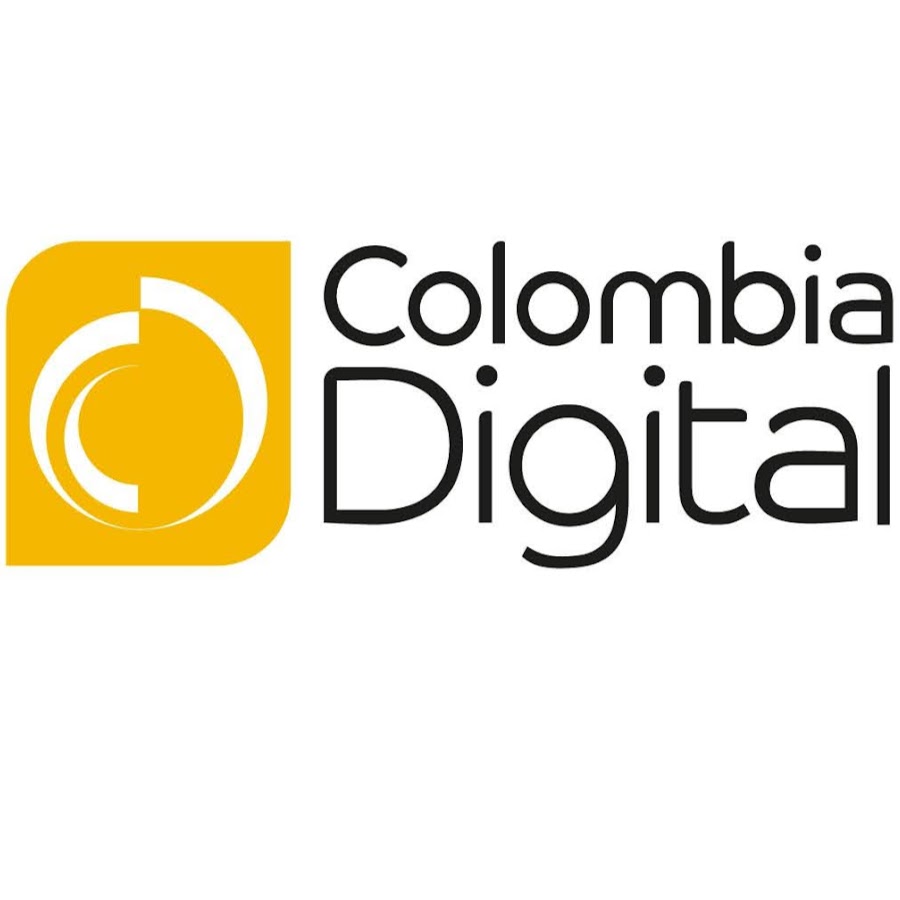Mostrar el registro sencillo del ítem
La imagen y la narrativa como herramientas para el abordaje psicosocial en escenarios de violencia en los municipios de San Vicente, Curillo y Florencia Caquetá.
| dc.contributor.advisor | Álvarez Romero, Martha Isabel | |
| dc.coverage.spatial | cead_-_florencia | spa |
| dc.creator | Gallego Salinas, Ruben Antonio | |
| dc.creator | Valderrama, Ruth Nelly | |
| dc.creator | Vásquez Hoyos, Luz Ángela | |
| dc.creator | Viuche Olivera, Yudy Mildrey | |
| dc.creator | Estid Herrera, Brallan | |
| dc.date.accessioned | 2018-09-12T23:09:34Z | |
| dc.date.available | 2018-09-12T23:09:34Z | |
| dc.date.created | 2018-08-10 | |
| dc.identifier.uri | https://repository.unad.edu.co/handle/10596/20155 | |
| dc.description.abstract | Luego de la apropiación y comprensión de los contenidos de las unidades 1,2,3,4,5,6,7,8,9 y 10, como avaluación final del diplomado de profundización acompañamiento psicosocial en escenarios de violencia, enfocado hacia el abordaje de contextos desde los enfoques narrativos, se lleva a cabo a partir de una fase individual desde la cual cada integrante selecciona y desarrolla el análisis discursivo a uno de los relatos de violencia,, dando respuesta a las preguntas dispuestas para tal fin, evidenciando en ellas la comprensión y del material teórico conceptual antes mencionado. De igual forma en la fase grupal el grupo selecciono uno de los análisis realizados, que para este caso corresponde al relato de José Ignacio, un joven que estando pagando servicio militar, luego de unos hechos violentos, deserta del Ejército e ingresa a la guerrilla de las Farc, permanece por varios años, tomando la decisión de fugarse e ingresar el programa de desmovilización, dejando en evidencia en su historia, aspectos importantes a tener en cuenta en su proceso de afrontamiento como víctima y sobreviviente.Finalmente se plantean tres estrategias psicosociales que faciliten la adopción de recursos psicológicos que les permitan a los pobladores, empoderarse frente a la necesidad de un cambio que los leve a superar los hechos. | spa |
| dc.format | spa | |
| dc.format.mimetype | application/pdf | spa |
| dc.language.iso | spa | spa |
| dc.publisher | Universidad Nacional Abierta y a Distancia UNAD | spa |
| dc.title | La imagen y la narrativa como herramientas para el abordaje psicosocial en escenarios de violencia en los municipios de San Vicente, Curillo y Florencia Caquetá. | spa |
| dc.type | Diplomado de profundización para grado | spa |
| dc.subject.keywords | Desasosiego | spa |
| dc.subject.keywords | Hostigamiento militar | spa |
| dc.subject.keywords | Relatos de violencia | spa |
| dc.subject.keywords | Traumas | spa |
| dc.description.abstractenglish | After the appropriation and comprehension of the contents of the units 1,2,3,4,5,6,7,8,9 and 10, as a final evaluation of the deepening course of psychosocial accompaniment in violence scenarios, focused on the approach of contexts from narrative approaches, is carried out from an individual phase from which each member selects and develops the discursive analysis of one of the stories of violence, responding to the questions arranged for that purpose, evidencing in them the understanding and theoretical conceptual material mentioned above. Similarly in the group phase the group selected one of the analyzes performed, which for this case corresponds to the story of José Ignacio, a young man who is paying military service, after some violent acts, deserts from the Army and enters the guerrilla the Farc, remains for several years, taking the decision to escape and enter the demobilization program, leaving in evidence in its history, important aspects to take into account in its coping process as a victim and survivor. On the other hand, at the group level, the analysis of the case of the communities of Cacarica is made, identifying in the information of interest related to the psychosocial emergencies and the impacts generated in the population after the military incursion and harassment; as well as the support actions that can be carried out in the crisis situation generated by the torture and murder of community members and leaders, of Cacarica, seeking in this way to locate people in a mentally secure space that would allow them to coping and development of resources in the face of the strong and traumatic situation presented. Finally, three psychosocial strategies are proposed that facilitate the adoption of psychological resources that allow the inhabitants, empower themselves in the face of the need for a change that allows them to overcome the facts. | spa |
| dc.subject.category | Psicología | spa |
| dc.rights.accesRights | info:eu-repo/semantics/openAccess | spa |
| dc.rights.acceso | Abierto (Texto Completo) | spa |



